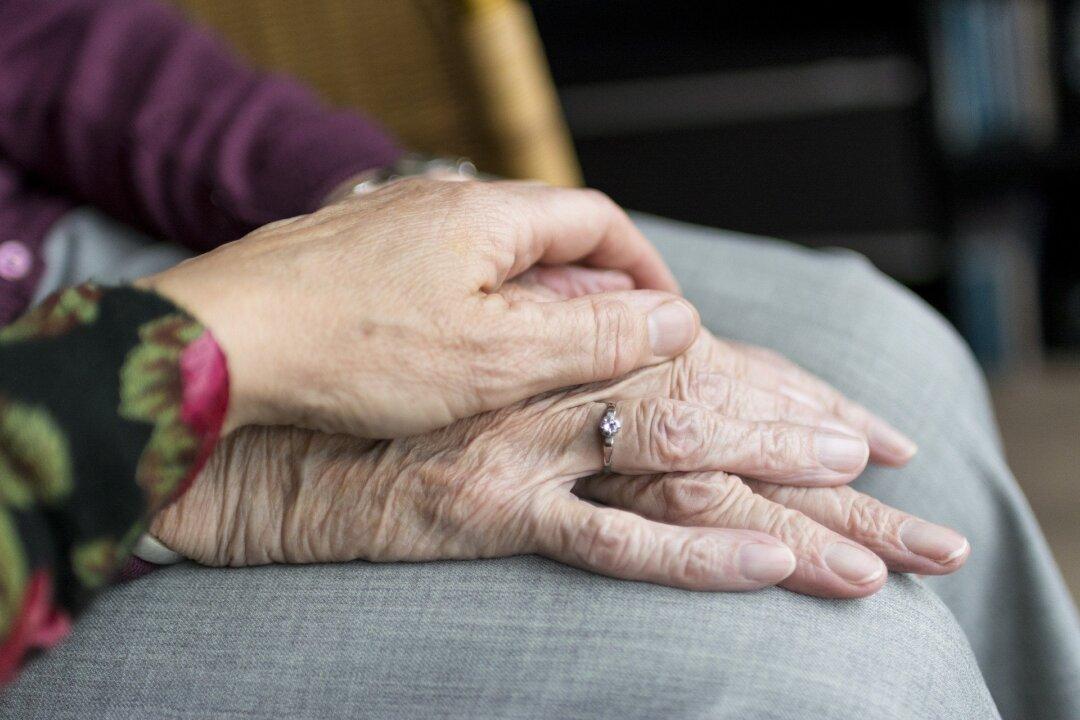Tasmania will become the third Australian state to legalise euthanasia after the law was approved by the state Parliament’s upper house on Tuesday night.
It comes as state-level parliamentarians across the country continue to push for the practice to be legalised.





